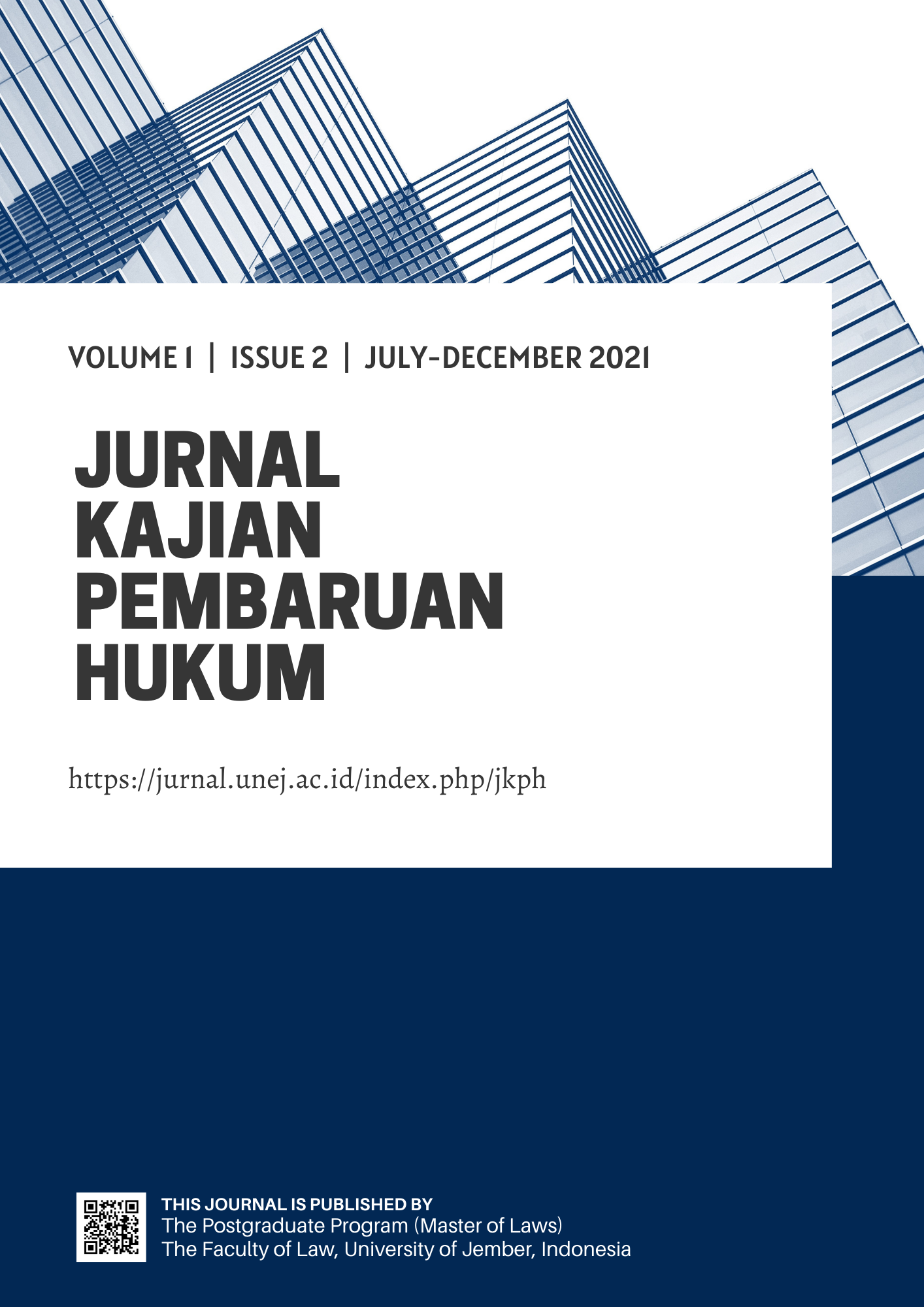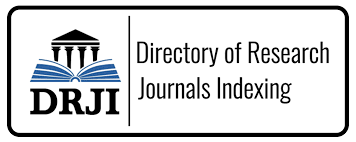Telaah Efektivitas Mekanisme Pemberhentian Presiden Indonesia: Perbandingan Praktik Amerika Serikat dan Korea Selatan
Abstract
Impeachment is a part of the control mechanism in the constitutional system to allege the President's violation of the constitution. Impeachment characterizes presidential systems as implemented in various countries, such as the United States, South Korea, and Indonesia. This study aimed to examine the rule and practice on the impeachment of the President and/or Vice President in Indonesia, with reference to the United States and South Korea. Then, it analyzed how this mechanism is effective to be implemented in Indonesia. This study used a juridical research method with a comparative law approach. This study indicated differences in impeachment in the United States, South Korea, and Indonesia. The impeachment mechanism in the United States only involved representative institutions, but that in Indonesia and South Korea required judicial intervention. In particular, Indonesia's impeachment dealt with the decision that remained in the hands of the political institution, the People's Consultative Assembly. In South Korea, the final decision ended in the judicial institution. Through this comparison, Indonesia should reformulate the impeachment mechanism of the President and/or Vice President in Indonesia with the following suggestions. First, regarding allegations of serious violations, the final impeachment decision must be in the Constitutional Court. Second, concerning allegations of misconduct, the decision on impeachment must rest with the People's Consultative Assembly.
KEYWORDS: Impeachment, Indonesia, South Korea, United States.











